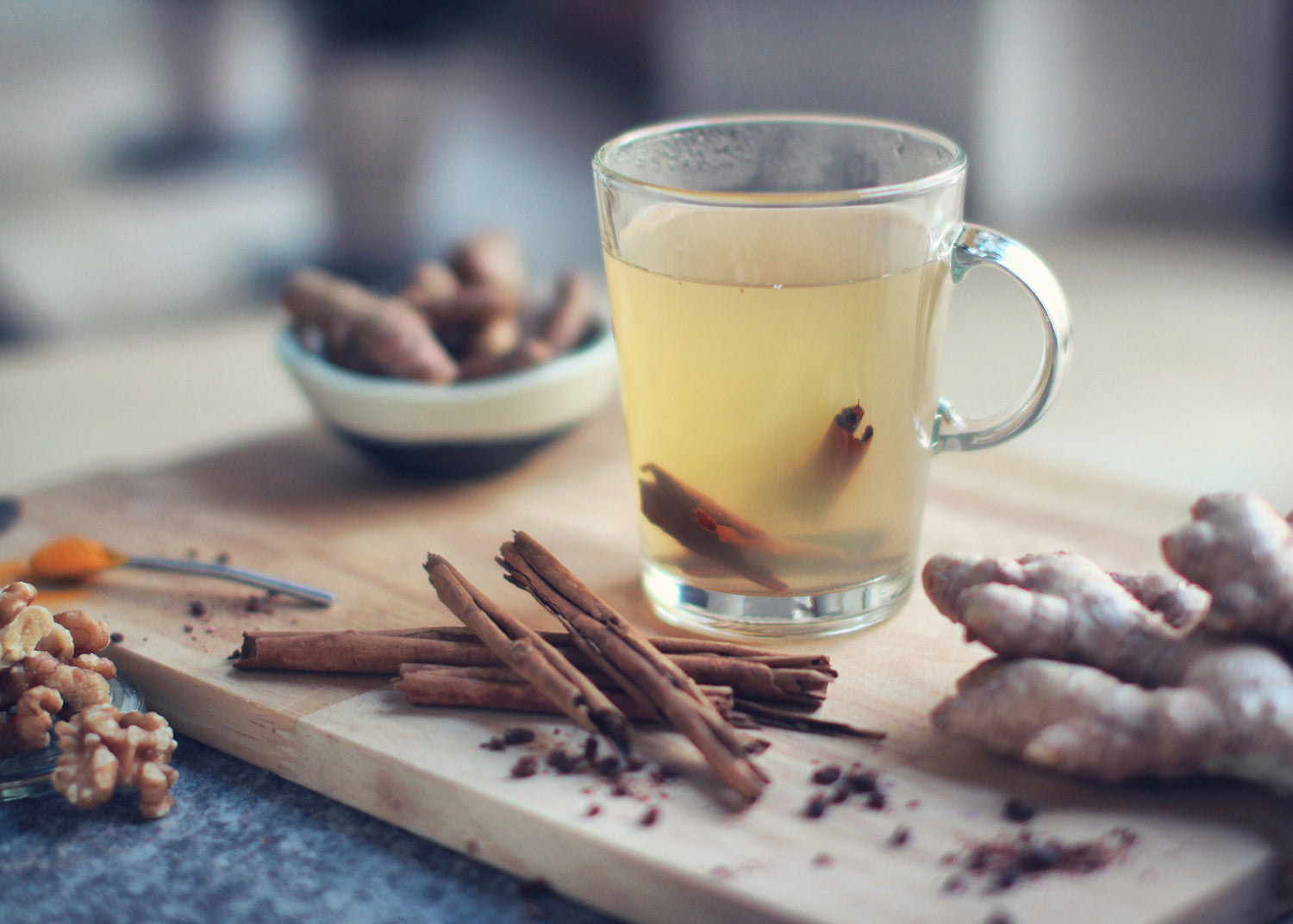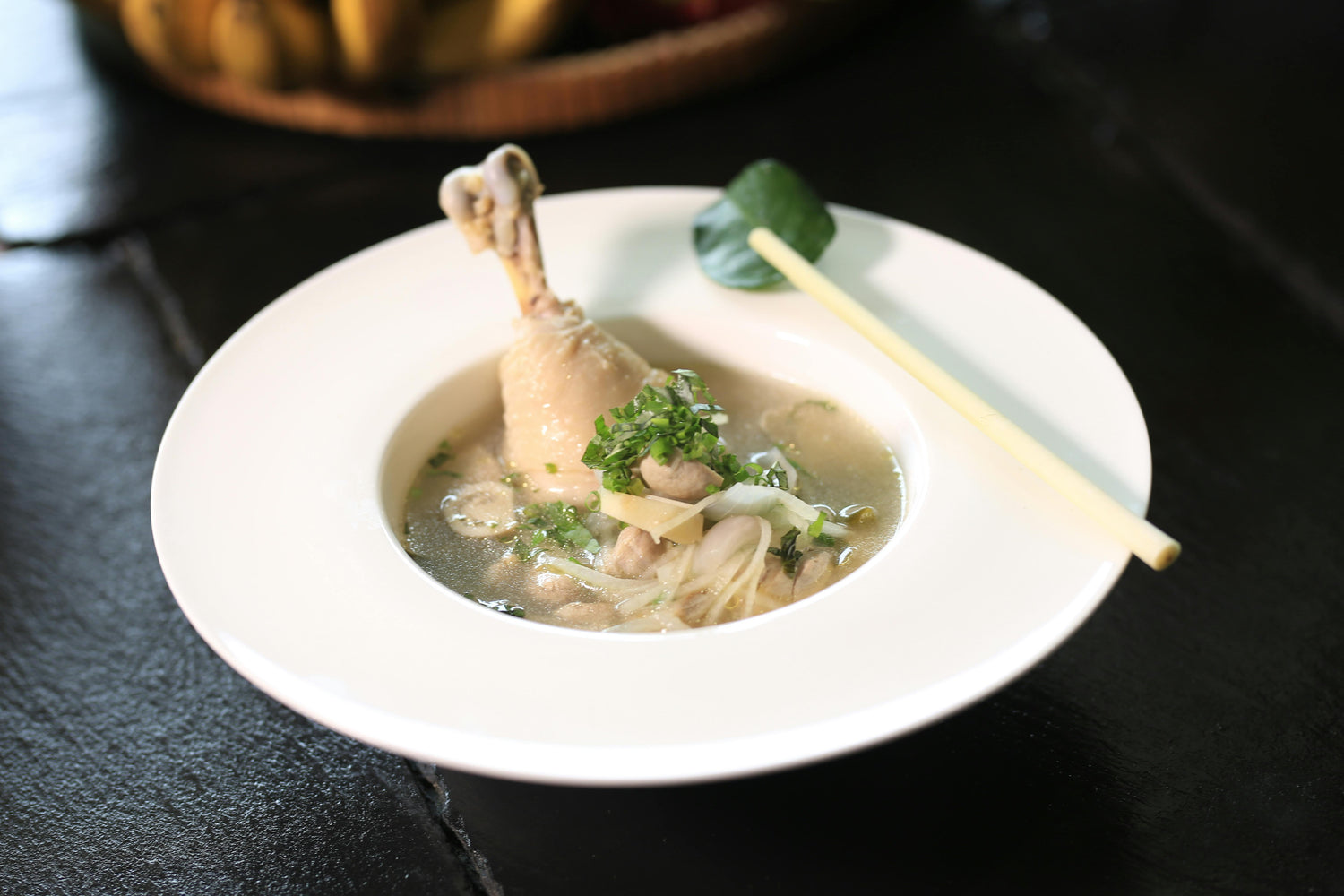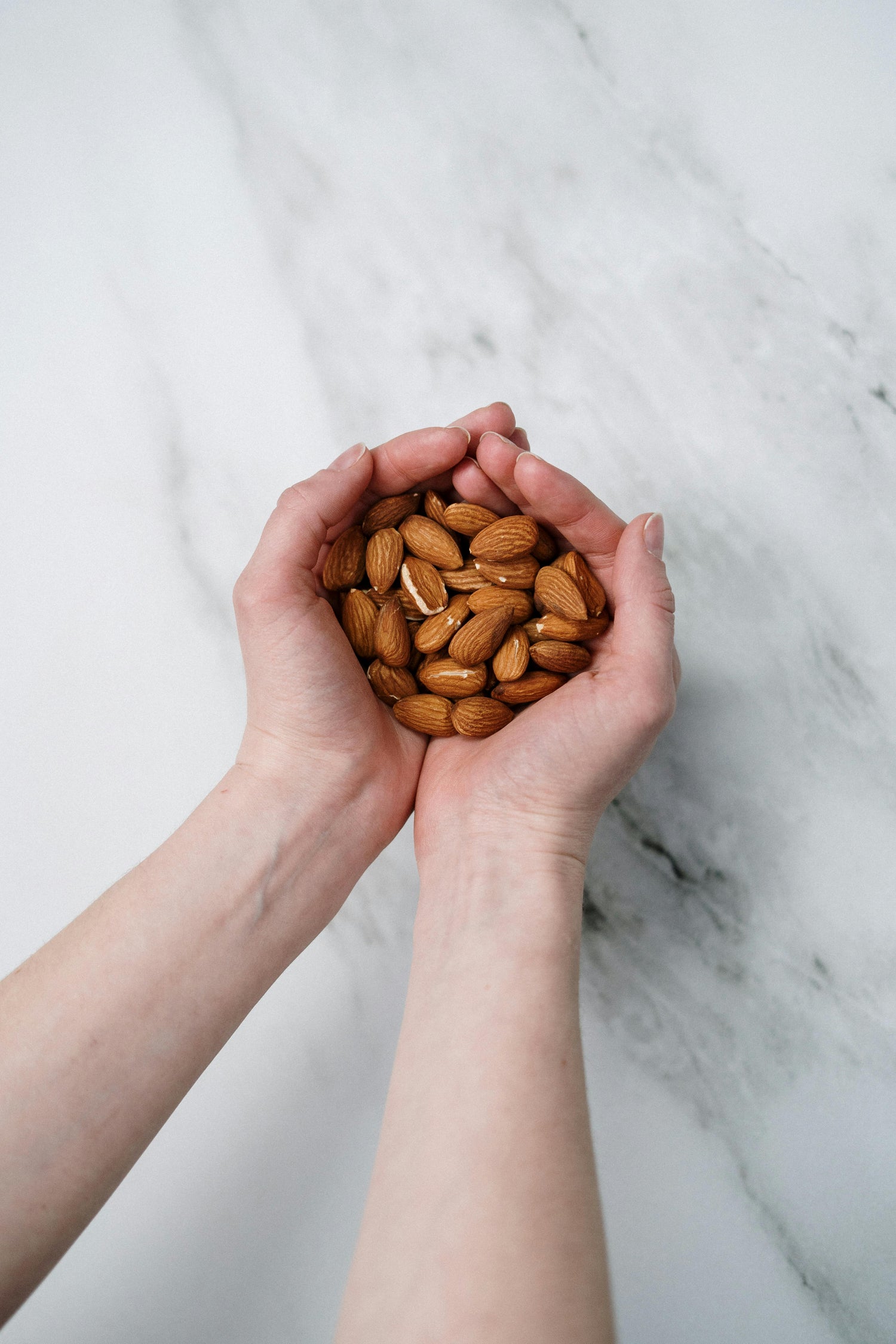
Healing After Birth: Nutrition Support for the Fourth Trimester
by Jordana Ventzke
I recently saw a post on social media that spoke of the invisible healing a new mother goes though. Firstly she has an internal wound which is about the size of a dinner plate and takes 6 months to heal. It then takes months for the body to physically heal and years for her hormones and brain chemistry to rebalance and up to years for her to discover her new identity and purpose. It is a huge transformation on every level. In the coming weeks, I will be offering some advice on how nutrition can help support new mum’s going through this transformation.
We’ll start right at the beginning this week - the first 6 months after birth. Right from birth, our bodies have higher nutritional requirements than normal, this is due to the energy we have expended during the labour, our bodies' biological need to produce and that we have an internal wound which we need to heal. At the same time, we don’t want to stress the body out too much and demand too much from it, so foods that are more readily digested and support healing are key.

The First Forty Days: Ancient Wisdom for Postpartum Recovery
Many cultures will follow the principle of “First Forty Days”, which is where you experience different levels of confinement throughout this time, have someone prepare and care for all your meals, and household chores. The Chinese refer to this as “sitting the moon”. During this time the focus is on recovery and milk production.
Foods during this time are very readily digested and incorporate mostly slow cooked, high quality meat dishes which are rich in collagen and gelatine to help you recover and regain your strength. Foods should be served warm, as it is considered that warm foods are easier to digest, especially at a time when the digestive system is sluggish.
Serving warm foods may also help with constipation, and better support the body to absorb nutrients that it needs during this time.

Warming Foods for Recovery
Warm foods promote better circulation which may promote better blood flow, helping to better support overall recovery and relaxation.
In some traditions, many believe that warm foods help to “close” the body’s “open” state after birth, protecting against cold and preventing potential imbalances and illness.
Warming foods does not only mean warm foods as in temperature but also means “warming” spices - think ginger, cinnamon, black pepper and cumin.

Building Blocks for Healing
I have mentioned already that you want to enjoy good quality meats during this time. Your body requires more protein to recover and good quality fats to start producing breast milk. Meats that are grass fed, have a higher quantity of nutrients, in particular omega 3 fats which are essential nutrients at this point and will continue to be for months to come. Enjoying meats slow cooked in a bone broth, and cooked on the bone will encourage an increased intake of collagen and gelatine, which support wound healing and gut function.
Other foods to focus on during this time should be easy to digest grains such as rice, and meals such as congee are recommended.
Including eggs (pasture raised) during this time, will increase the nutrient absorption of choline and omega 3, and overall protein. Including at least 2 - 3 eggs per day is ideal.
In the first months post birth, constipation may be a common issue, particularly in the early days post birth. Your body continues to have increased levels of relaxin, but the first bowel movement postpartum, is something that many women will be afraid of and put off, exacerbating any constipation that may be evident. Including good quality fats in meals, such as butter, ghee or olive oil will help with constipation, but also including a good variety of vegetables in your slow cooked meals, will increase fibre intake.

Eat to Heal, Eat to Nourish
Since breast milk production is one of the priorities in these first months, you also need to ensure that you are eating enough. It is too easy to skip meals, eat fewer calories due to time, sleeplessness, and also to meet societal norms of “bouncing back”. But this will hinder breast milk production and also affect your body's ability to heal and recover. Aim for 3 meals per day, and 3 snacks, and in a day, I mean 24 hours. Don’t be afraid of a snack when you are waking up for that middle of the night feed, but focus on a food that will support sleep again, such as a handful of almonds.

Water: Your Postpartum Essential
Water is key, you need to stay well hydrated, so you can heal, promote bowel function and produce milk. The goal is 3 liters of water per day. You can add a crystal of himalayan salt to your water, to help your cells absorb the fluids they need for optimal hydration.
The biggest take away during this time is to stay well hydrated, ensure you are eating enough, and focus on good quality proteins and fats to support recovery, gut function and milk production.
Stay tuned for the coming months over the few weeks.

Jordana Ventzke
TMP Collaborator | Instagram: @jv_nutrition
Jordana is a qualified Paediatric Dietitian and wonderful mother to two children under 6 years old. In addition to being a Dietitian, Jordana is a HypnoBirthing Instructor, helping new families navigate how they would like to birth their babies.
Jordana specialises in infant nutrition, breastfeeding, food allergies and picky eating. She primarily works within the first 1000 days of life. Jordana works with families to support their choices and provide information to help them make informed decisions as to how they would like to raise their children.
Jordana and her husband choose a close attachment parenting approach when raising their children, having breastfed both children and co-slept. She has lived and worked in the Middle East for the last 10 years.

